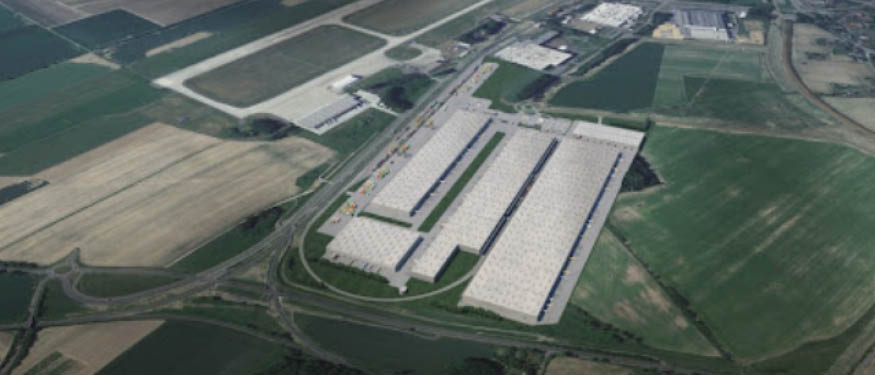The Buzz in Poland, according to Michal Karwacki, Partner at Squire Patton Boggs, is that while most of the big cap transactions planned for 2017 have already been tasked (with the exception of the potential exit of Warburg Pincus from Inea), the mid-cap transactional market in the country remains highly active. Indeed, says Karwacki, "the mid cap market is quite speedy, and I believe that we will hear about many such transactions just after the summer, with the most interesting targets being in the automotive, logistics, and consumer goods sectors.”
Karwacki confirms that Poland experienced the same slow start to M&A work in 2017 described by counterparts in Hungary and Austria recently, and he confirmed that, as in those countries, the last few months have picked up substantially. “The first half of the year was slow,” he says, "but now it’s really popping and I believe you will see an increase after the summer.”
In addition, he says, litigation is also really active, notably between private companies and state or state owned enterprises, including in particular the recent suit worth over PLN 1.2 billion filed by Invenergy against Tauron or the PLN 2 billion plus award to Abris Capital made by the International Arbitration Court in Stockholm against the Polish State. In addition, he says, “the other departments seeing a lot of growth is Real Estate," with those practices around the Polish market expanding, "even when other departments may not be growing."
When asked about the surprising decision by Polish President Duda to veto two bills that would have given the country's populist government sweeping powers over the courts, Karwacki reports that, in fact, the primary affect may be its salutary effect on foreign investors. "We can only see one good sign of it,” he says. “That the policies of the country will not depend only on the ruling party. That they will need to take into account the President.” In Karwacki’s view, “this can only be seen as a positive sign to investors who might be concerned about the state of our democracy; to lower those fears.” He suggests it "might impact the market, by generating more enthusiasm and confidence, and demonstrating that, in the long term, nobody will destroy the pillars of democracy.”
Otherwise, Karwacki agrees with previous reports that, despite international concerns, there’s been little visible affect on investment into the country. “So far business has been good irrespective of the political changes,” he says, "and I believe that it is ok.” Indeed, he reports a fairly quiet legislative agenda at the moment, and says, “but that’s a good sign, maybe — less interference with the economy is better. I can only say things regarding the macro economy. In terms of fiscal issues, there is no deficit, and investment-side in Poland is quite high. which is of course good for Poland and for the CEE region.”
Finally, he’s asked if there are any changes or developments of significance in the legal market itself. "In terms of international law firms I do not see anyone who will be growing,” he says. " think it’s rather a stabilizing or working within current structures to be effective. It’s not about growth; it’s about trying to find better ways and a good wind to become more effective.” In terms of local firms, Karwacki describes what he calls "a trend, already for many years,” of small teams splitting off from larger firms to help venture capitals register and launch their operations. “Lots of new small law firms have been created to deal with the venture capital market,” he says.















